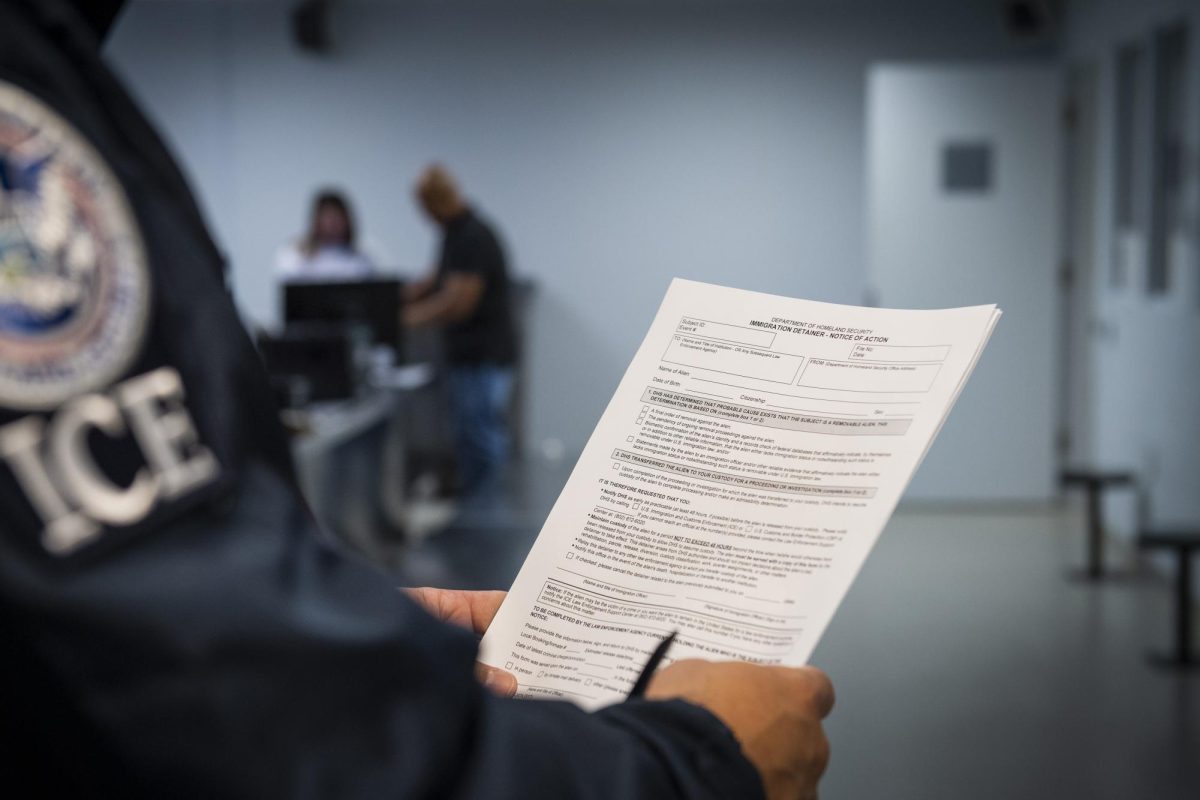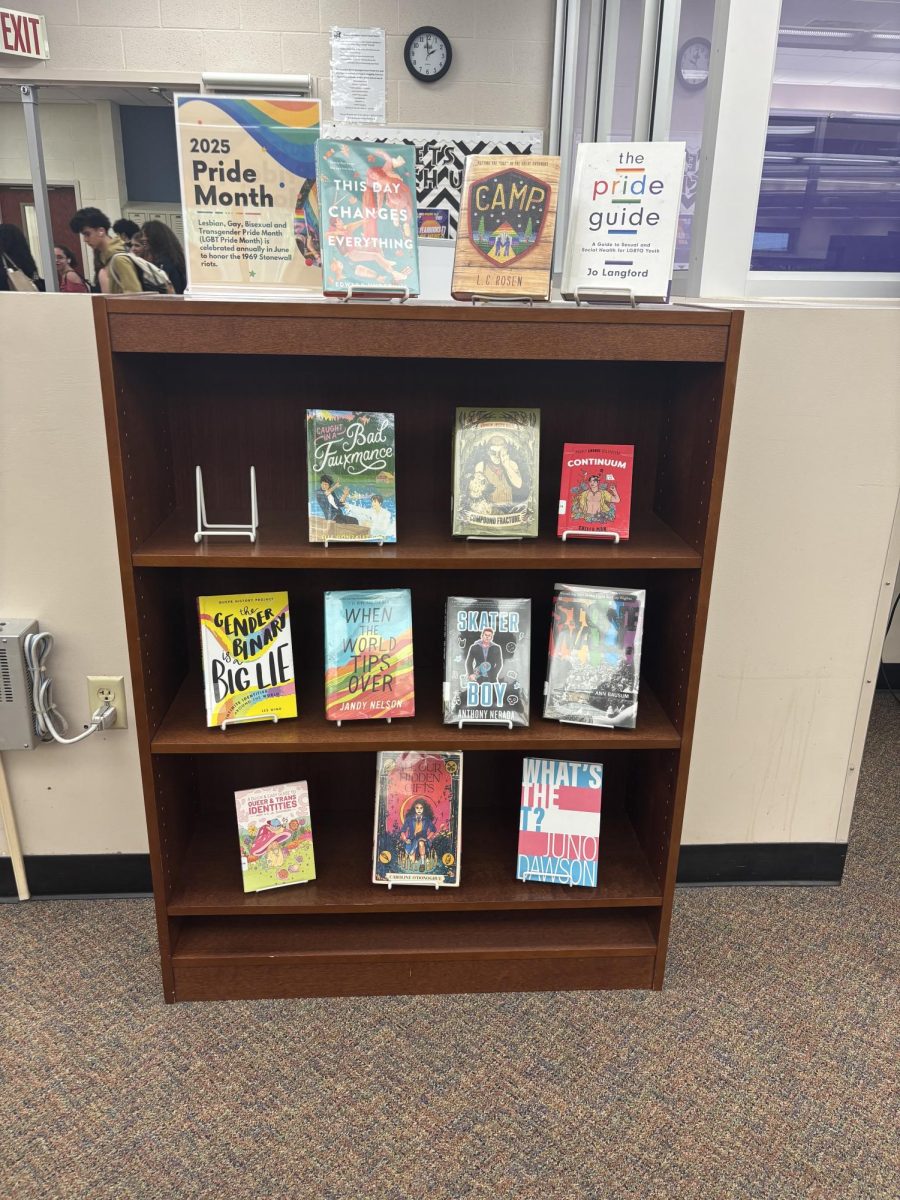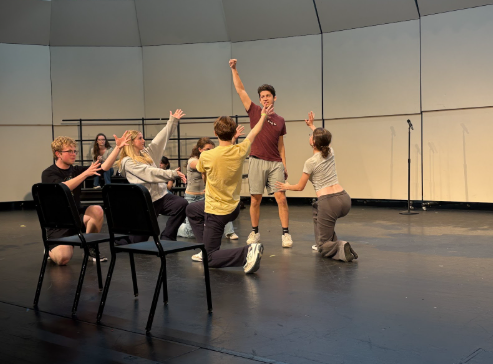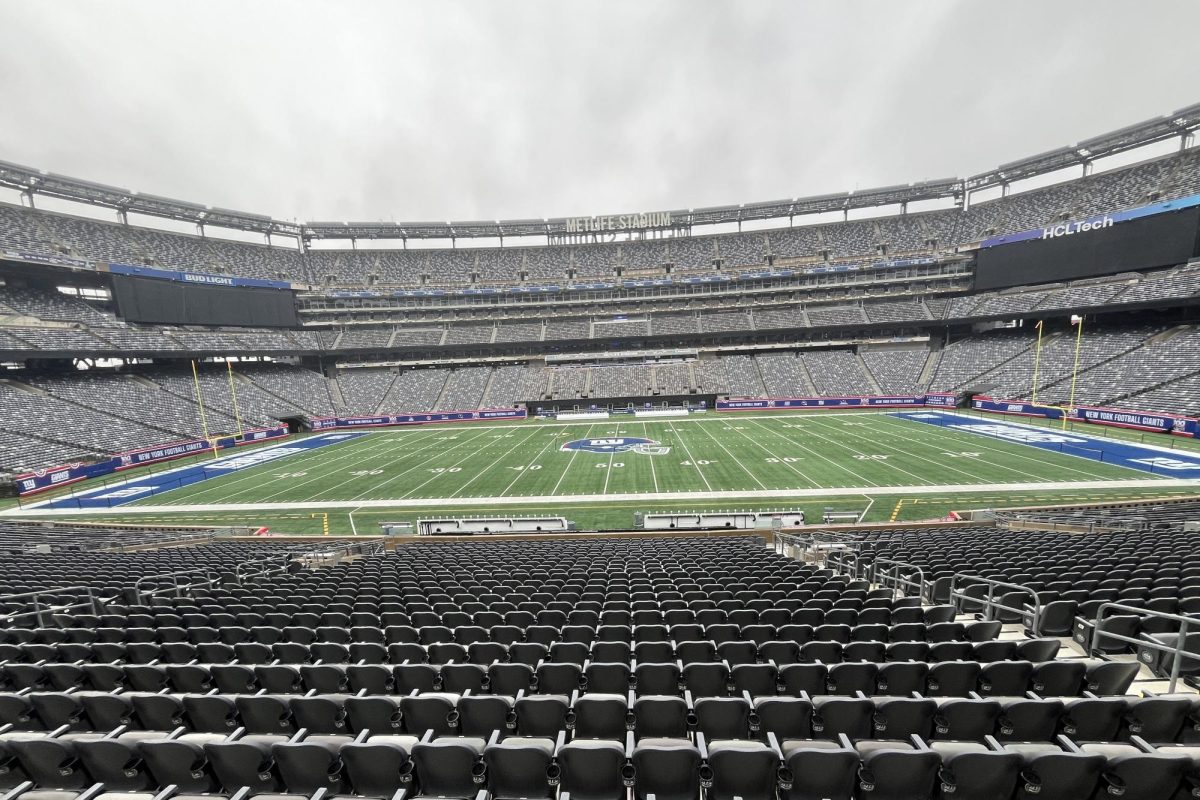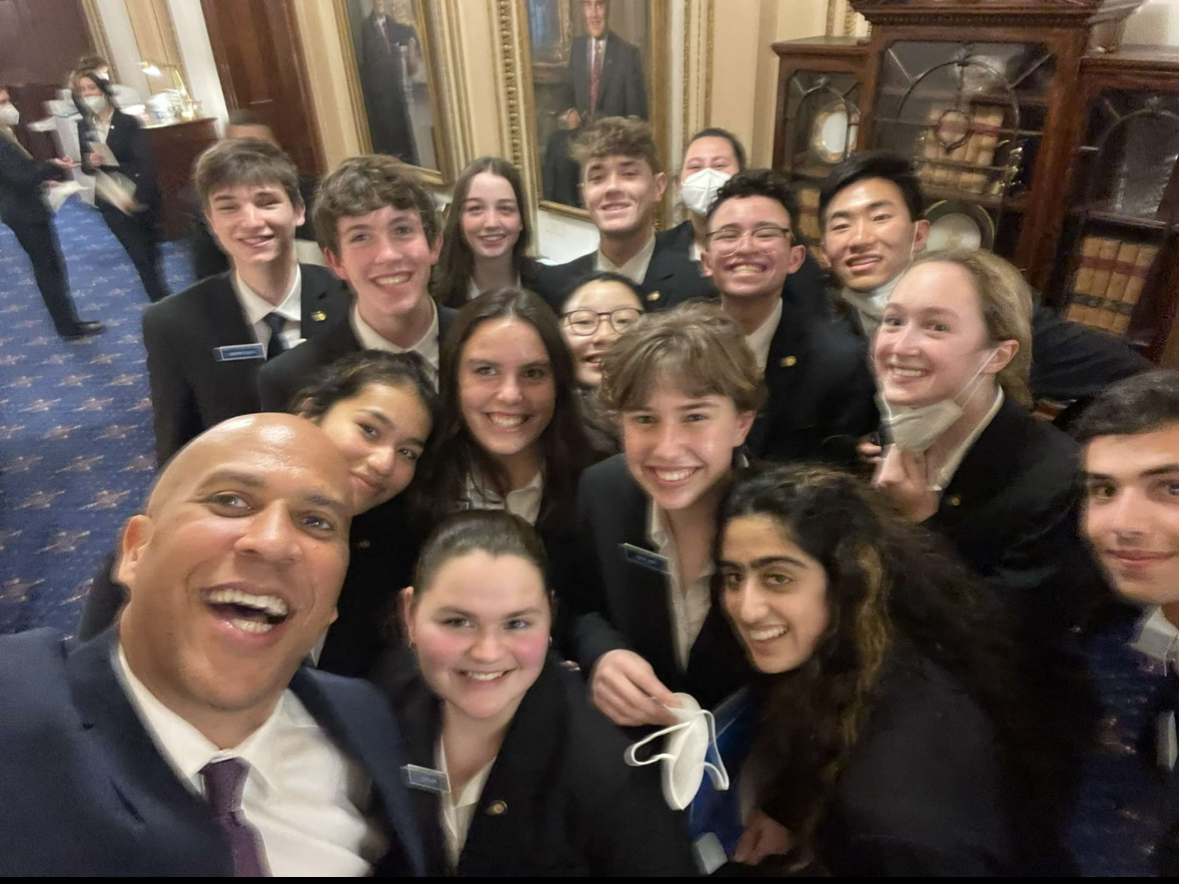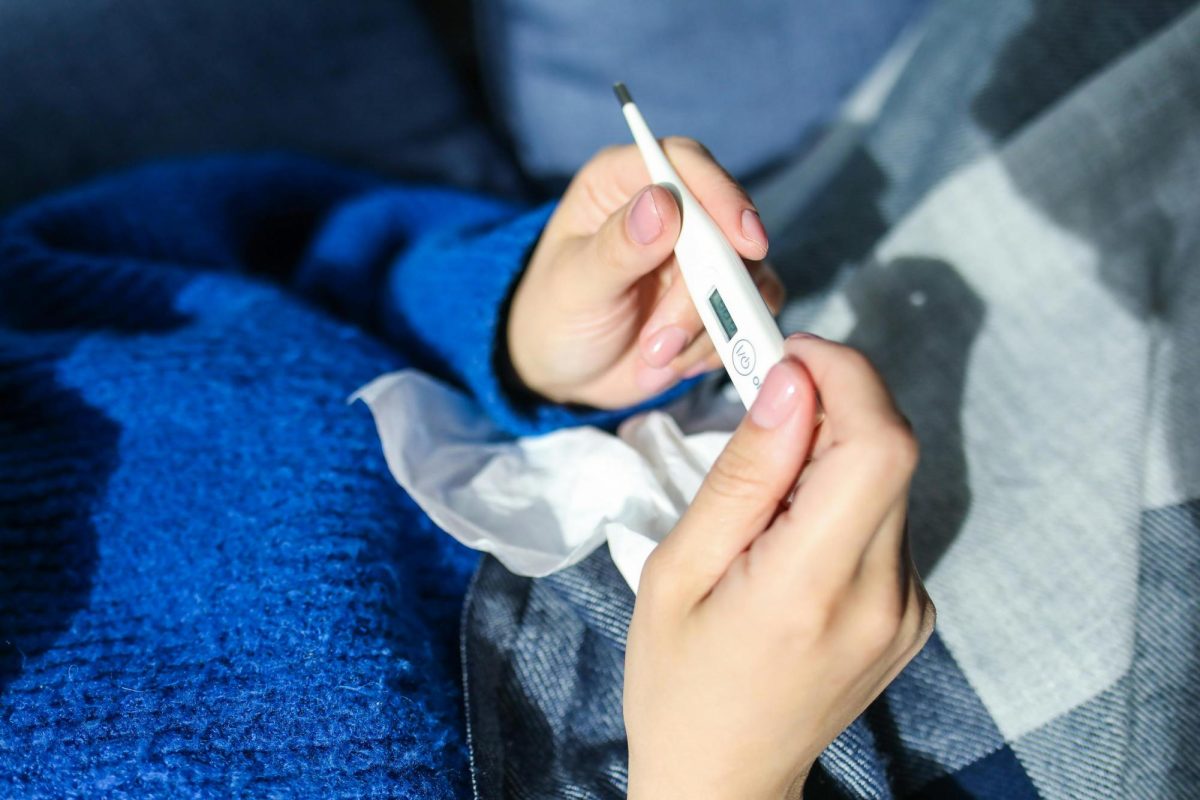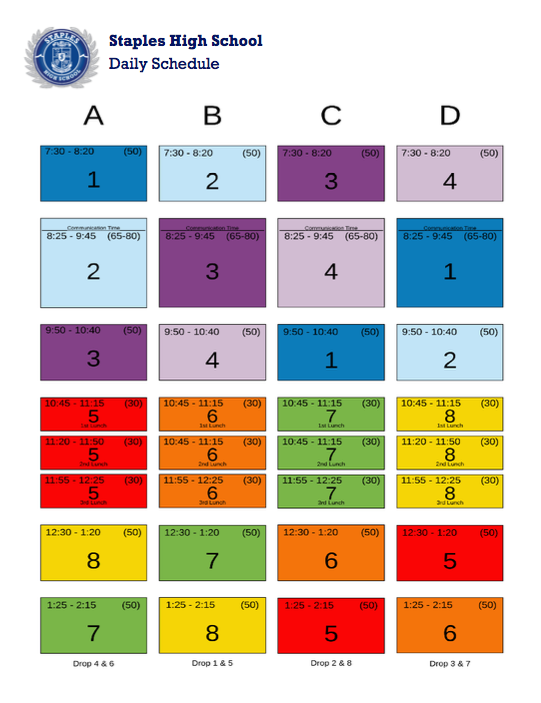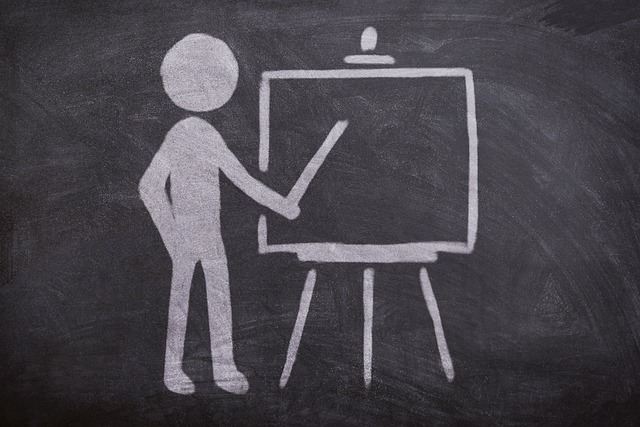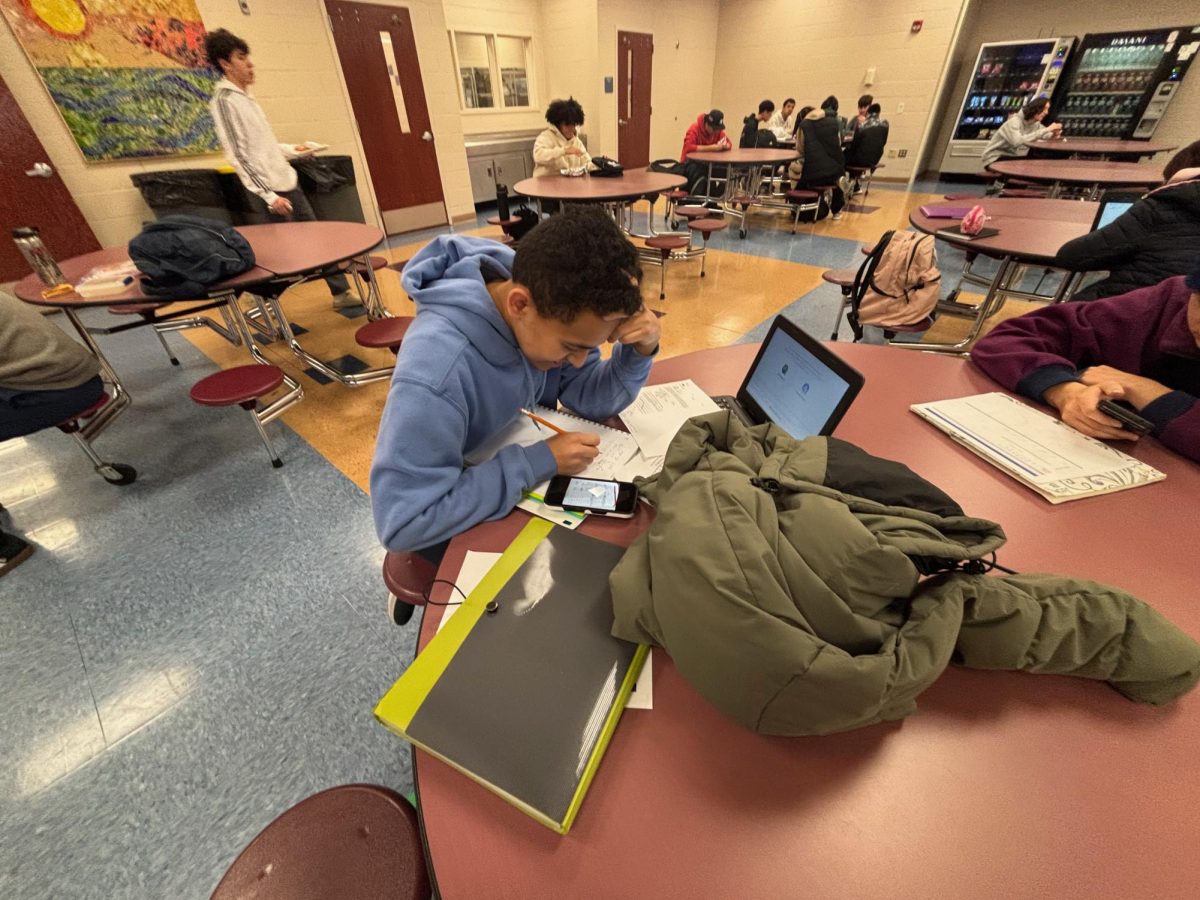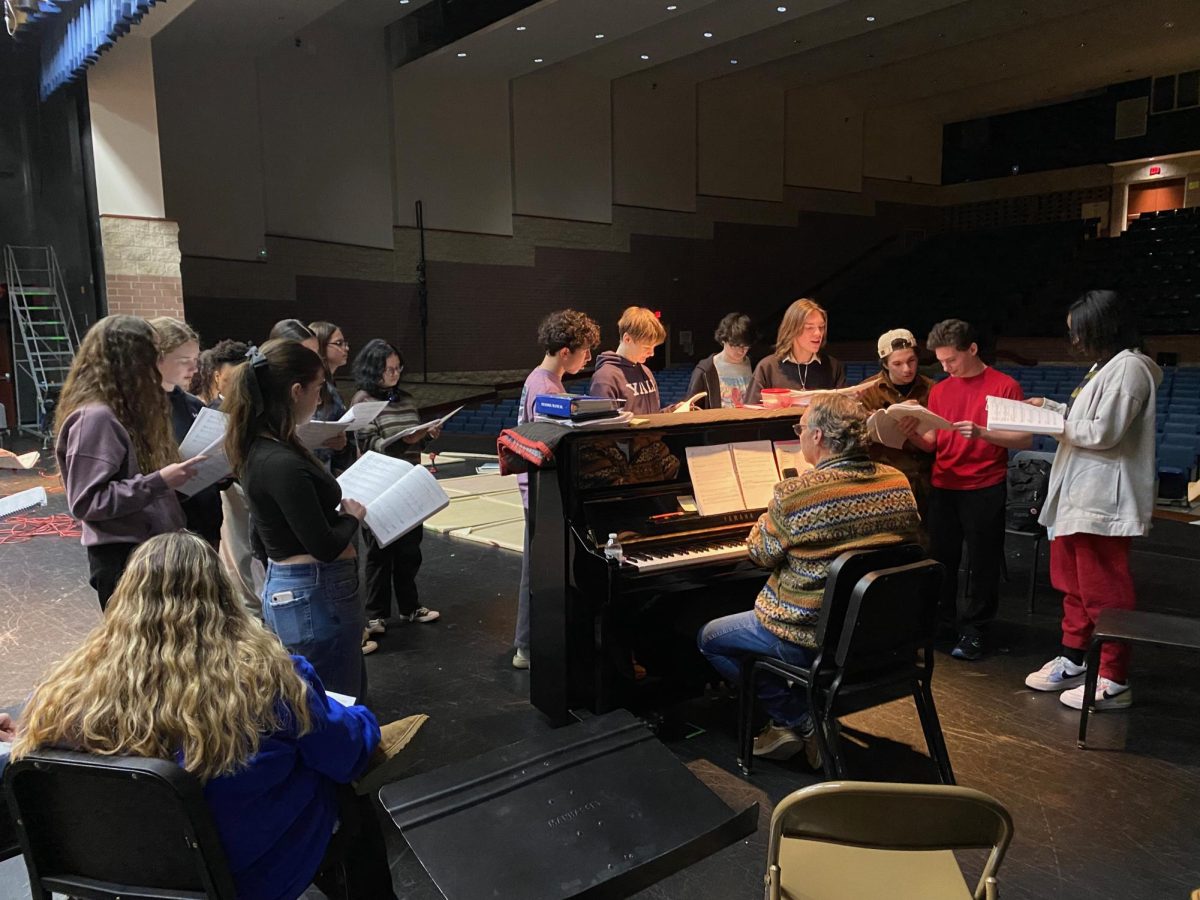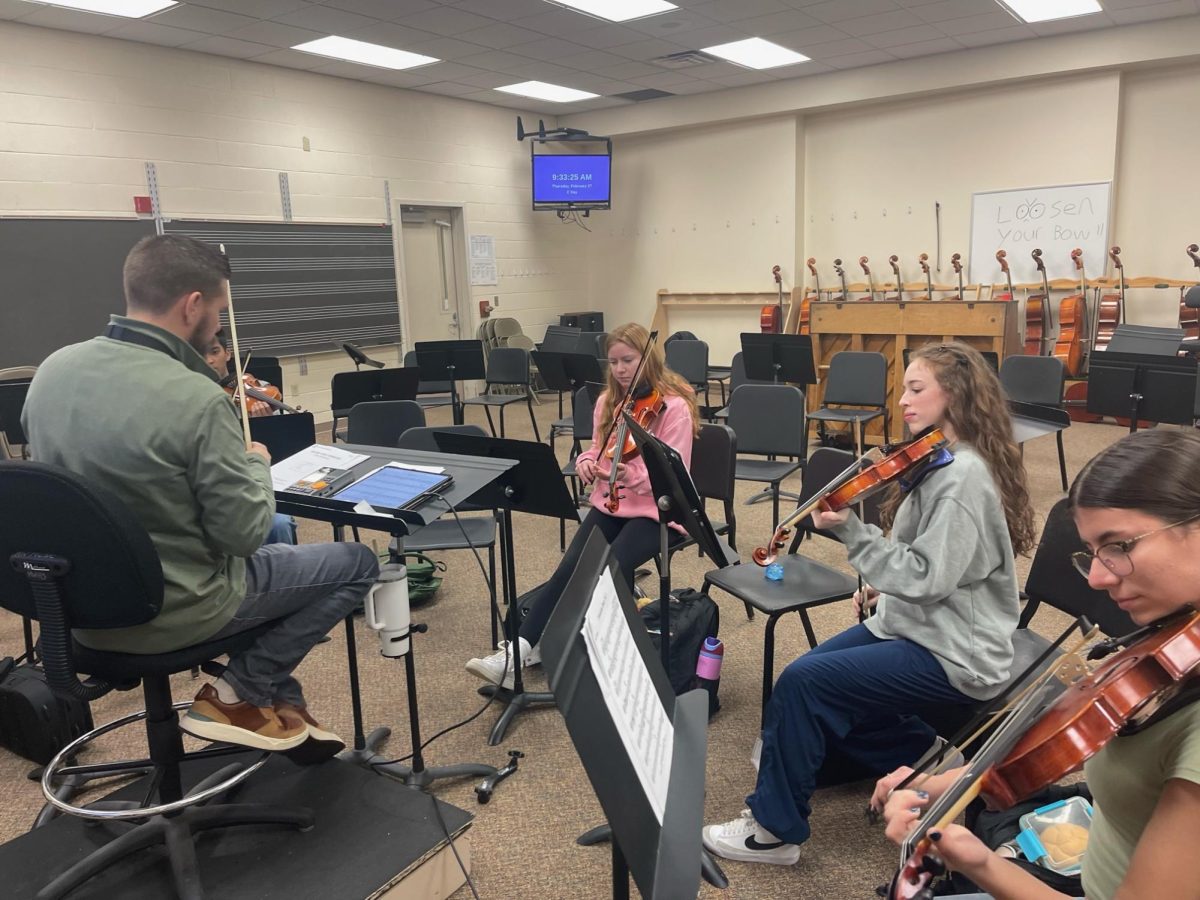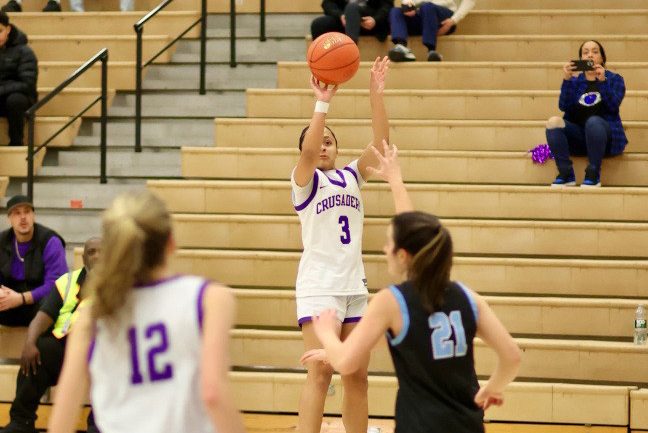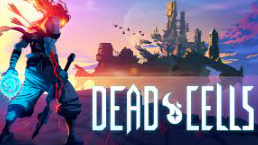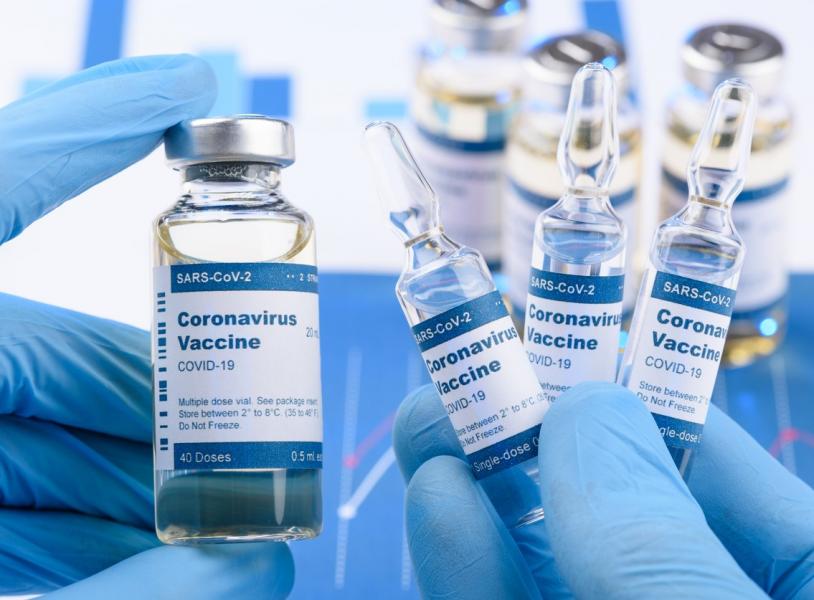Students Share Perspectives on COVID-19 Vaccination
December 21, 2021
For medical privacy purposes in relation to COVID-19 vaccination status, all student names in this article were altered. Where necessary, information from the Centers for Disease Control and the World Health Organization have been provided for context.
By this point, COVID-19 vaccination is available to most Monroe-Woodbury High School students; however, much like the society at large, students’ opinions on the vaccine vary widely.
Senior Alessandra is fully vaccinated against COVID-19 because she saw value in getting vaccinated.
“I see the benefits it has for myself and others around me. It protects everyone a little more,” said Alessandra.
The Center for Disease Control reports that case and death rates for people fully vaccinated with Moderna, Pfizer-BioNTech, or Johnson & Johnson vaccines were much lower than for unvaccinated people. Furthermore, it states that “people who were unvaccinated had a greater risk of testing positive for COVID-19 and a greater risk of dying from COVID-19 than people who were fully vaccinated.”
Also according to CDC data, the “rate of COVID-19-associated hospitalizations in unvaccinated adolescents ages 12 to 17 years was about 12 times higher than fully vaccinated adolescents aged 12 to 17 years.”
Despite these reports, not all students want to get vaccinated, nor are they required to.
Two sophomores, Joe and Nolan said they haven’t gotten the shot because they were scared; however, they are both still considering getting it in the future. Nolan said he feared it would affect his ability to have kids. Despite this fear, according to the CDC, there is no evidence yet that the COVID-19 vaccine causes fertility problems in men or women.
Mary, another senior, said she got vaccinated because she had an opportunity to, whereas people in other countries may not have that same opportunity.
“The amount of people who would do anything to get a single dose and to just push away the choice sounds selfish,” said Mary.
Getting vaccinated was partially Mary’s choice, but mainly her parents’ decision. She explained that she still had to be careful, as the vaccine doesn’t 100 percent assure her safety.
The CDC reports that the vaccine reduces the risk of getting sick and spreading COVID by up to 90 percent in vaccinated individuals.
“I also just felt that as a young healthy person it was my responsibility to do what I could to help the general public be safe,” said Ruben, a junior. Ruben said getting the vaccine was his decision, and his parents supported it.
Richard, a junior, also cited public safety as his reason for getting the vaccine.
Richard said he wanted to lower the risk to himself and the people around him getting COVID-19. He said he thought the side effects of the shot weren’t long-lasting, and the positives outweigh the negatives.
According to the CDC, side effects from the vaccine include pain and swelling in the arm that received the shot. People who receive the vaccine also may experience tiredness, nausea, fever, muscle pain, and headaches. Despite the immediate physical symptoms, the CDC recommends “everyone ages five years and older get vaccinated as soon as possible to help protect against COVID-19 and the related, potentially severe complications that can occur.”
Lisa, a senior, said she got the vaccine the day it became available to her. She cited a desire to travel again as well as protect her family and friends.
Omar, a freshman, explained he already had COVID-19 once, so he got the vaccine to avoid getting it again. It was both his and his parents’ choice. Omar was nervous to get it but ended up only having a sore arm for two days.
Some students, such as freshmen Marta and John said they haven’t had time to get the vaccine. John said he was also worried about the effects the vaccine may have on them.
Sophomore Ashley said “if I could I would”; however, her mom thinks there isn’t enough information, so it isn’t safe. She plans on getting the vaccine as soon as there is more information out.
Despite the protections offered, it doesn’t mean that the vaccine is without risk. Though it is very rare, there are reports to the CDC- sponsored Vaccine Adverse Event Reporting System (VAERS) that the COVID-19 vaccine has caused anaphylaxis, blood clots (thrombosis with thrombocytopenia syndrome), heart inflammation (myocarditis), Guillain-Barré Syndrome (GBS), and even death. According to the CDC, “reports of adverse events to VAERS following vaccination, including deaths, do not necessarily mean that a vaccine caused a health problem.”
According to these reports, anaphylaxis, a severe allergic reaction, has occurred in approximately 2 to 5 people per one million vaccinated people in the United States. Thrombosis with thrombocytopenia syndrome, a vaccine-induced condition, has been identified in 57 people who got the Johnson & Johnson vaccine out of the 16.9 million that got the vaccine.
GBS is a rare disorder where the body’s immune system damages nerve cells causing muscle weakness and paralysis. In December 2021, there were 278 reports of GBS out of the 16.9 million J&J vaccines given out.
According to CDC data, death due to the vaccine is also very rare. Over 485 million doses of COVID-19 vaccines were administered in the United States from December 14, 2020, to December 13, 2021. During this time, VAERS received 10,483 reports of death among people who received a COVID-19 vaccine; however, this does not mean that the deaths were caused by the vaccine.
The World Health Organization (WHO) reports that myocarditis, a heart condition that may be linked to vaccination, is “reported more frequently in young persons aged 16 to 24 years, particularly males”; however, the risk of myocarditis in children has not yet been determined.
Parents may also be hesitant to get their children vaccinated due to the fact that the risk to children from COVID-19 isn’t the same as adults, thus making the additional risk posed by the vaccine unnecessary. According to the WHO, children contract COVID-19 less than adults, don’t get as sick when they have it, and don’t spread it as widely as adults.
According to the World Health Organization, despite the lower risk of a serious COVID-19 response, young people have been “disproportionately affected by COVID-19 control measures. The WHO explains that school closures have “disrupted the provision of educational services and increased emotional distress and mental health problems.”
“There are benefits of vaccinating children and adolescents that go beyond the direct health benefits,” according to a WHO report. “Vaccination that decreases COVID transmission in this age group may reduce transmission from children and adolescents to older adults, and may help reduce the need for mitigation measures in schools.”

